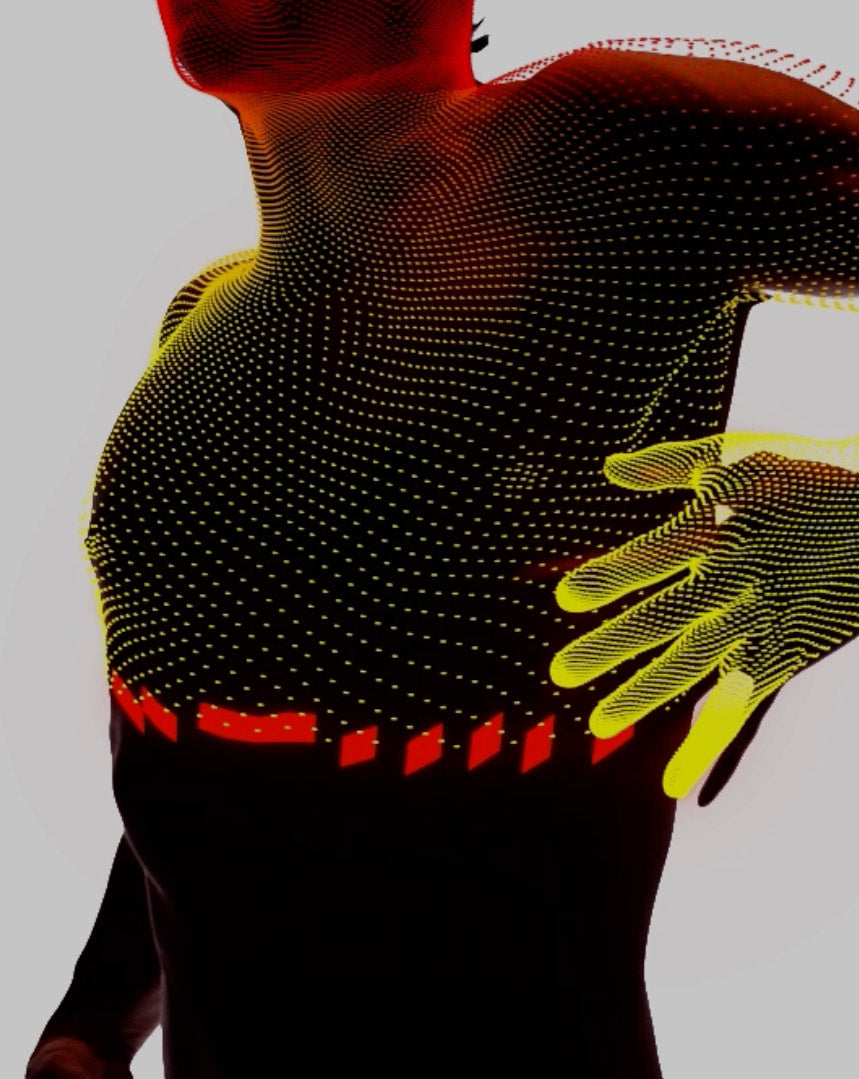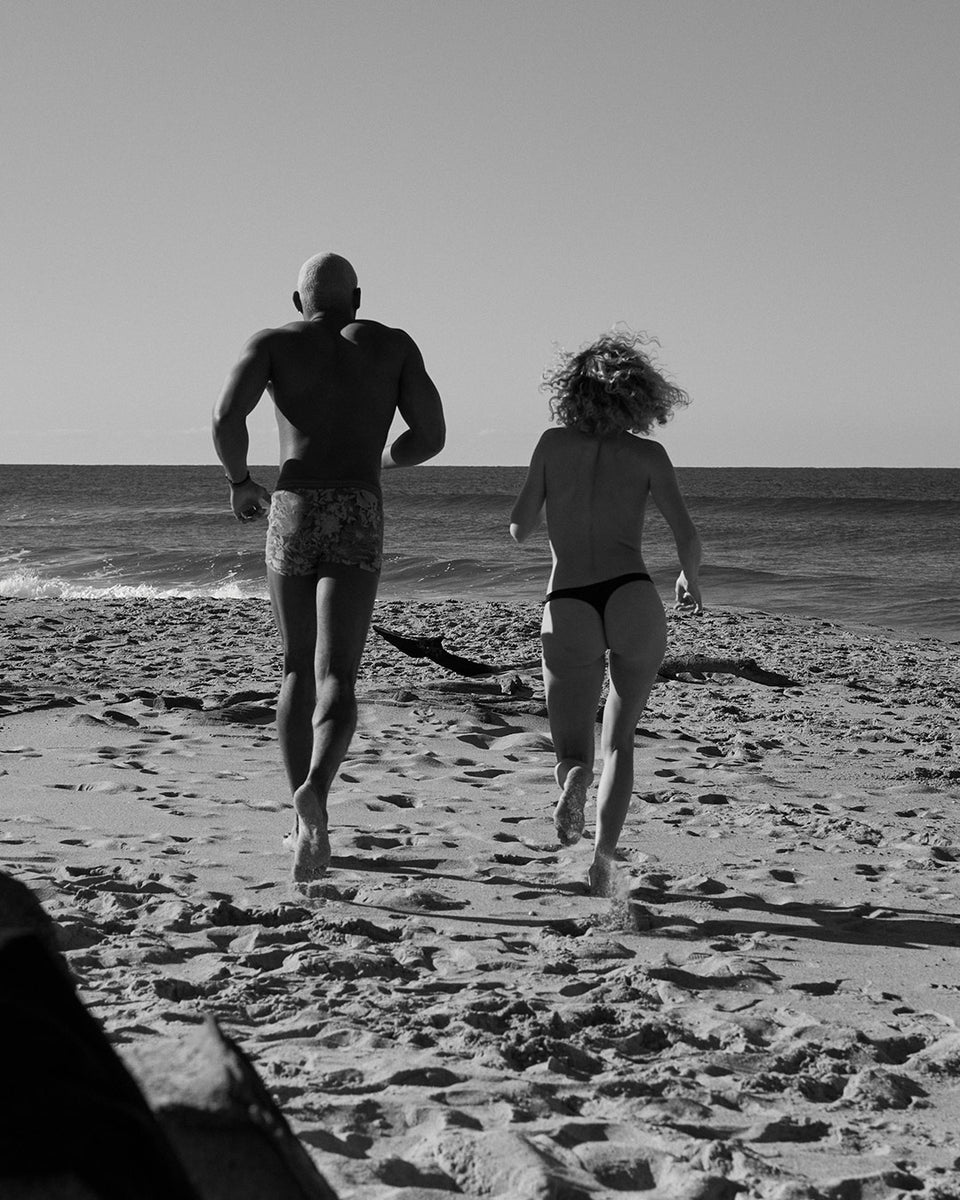A fair bit has changed since Denis Hayes organised the first Earth Day back in 1970 – like, ummm, the internet, globalised supply chains and democratised air travel to name but a few paradigm shifts.
Today marks the 50th anniversary and we celebrate Earth Day in a completely different world, not together in the streets but iso-separated and far more worried about COVID-19 than poor old chopped-liver Mother Earth.
Perhaps that’s fitting, because it was the intrinsic connection between human health and planetary health that lit the spark under that first day of protest so long ago.
Back then, Earth Day was unashamedly NIMBY in attitude with a ragtag bunch coalescing around a plethora of hyper-local issues in the USA. But if there’s one thing the current pandemic has thrown into stark relief it’s the interconnectedness of today’s world – we no longer have the luxury of only worrying about ourselves, it’s time to accept and embrace the planetary consequences of our individual actions.
The ecological ‘snap back’
Whilst we can’t escape the death toll nor the impending recession, one silver lining of COVID19 and the global lockdown is that ecosystems ‘snap back’ in ways that would make ScoMo go weak at the knees. It’s quite literally unbelievable how quickly any gap created by the retreat of the planet’s apex predator is filled with life just getting on with it.
In major cities around the world we’ve already seen the lowest levels of air and water pollution in decades – famously illustrated by Venetian canals so clean you can see seaweed and fish for the first time in living memory. Nitrogen dioxide levels dropped across industrialised regions of both China and Italy by as much as 30% during the economic hibernation (NASA). Clear blue skies have replaced the infamous LA smog with better air quality today than the city has experienced in almost 40 years (EPA).


All up it’s been estimated that carbon emissions could fall by as much as 2.5 billion metric tons this year — the largest drop ever recorded (NASA)
For the first time since Earth Overshoot Day began, 2020 should see that date move back later in the year (rather than it’s unchecked trend forward to be earlier and earlier every year).
Over at Vogue one of the chief architects of the Green New Deal, Rhiana Gunn-Wright says “[The pandemic] is helpful in letting people know that there is a different world possible. Seeing these things has helped people reconnect to nature, to realize that our actions are affecting it all the time.”
Indeed. Of course the danger for anyone with a passing interest in saving our planet from self-destruction, is that this temporary reprieve is not only fleeting but too-easily forgotten by a world desperate to get back to the footy and cheap international airfares.
As COVID-related restrictions have eased in China, emissions have predictably shot back up. According to Gunn-Wright, the hope is that people come out of lockdown with a new, climate-related goal, she says “If you were reminded that the sky in your town is blue when it’s always grey, maybe after this is over, we can pledge to keep the sky blue.”
Maybe.
7 things you can do right now to help Mother Earth.
What can we do to keep this delicate flame of environmental hope alive? In short, plenty. There is literally an endless amount of things that even the most virtuous can do right now to ensure a cleaner, brighter future for all.
1 - Track your footprint.

Peter Drucker famously said “what gets measured, gets managed” and it’s no different with carbon than with quarterly sales targets. The very first step to reducing our individual carbon footprint is to actually understand it and the only way to do that is to start measuring.
There are plenty of carbon calculators around and they’ll give slightly different results so the best approach is to use them all and calculate your own average. If that’s too much work, we like the Footprint Calculator best (growing up in the 80’s we're suckers for low-poly 3D graphics).
Remember, the most important thing here is to calculate a baseline from which you can begin to see where you can make changes to improve the score over time. This is NOT about getting a good score, so to all you Type A’s out there, be truthful this is a contest only with yourself ;)
2 - Eat more plant-based foods.

Meat is controversial for a whole host of cultural / generational reasons, but what’s unequivocal is that intensive animal agriculture – the kind that makes up the majority of what’s available in supermarkets around the world – is pushing our planet to breaking point.
Jonathan Safran Foer wrote a great book about it called ‘We Are The Weather’ and the short story is that meat accounts for up to 50% of all greenhouse gases annually once you take into account deforestation. Yes, you read that correctly.
For that reason, the single biggest impact we can make at an individual level on climate is to remove animal products entirely before dinner according to Safran Foer. Crucially he’s not saying we should all go vegan tomorrow. He’s advocating for a daily mindfulness about what we eat and linking that to the world we want to live in.
Breakfast is easy, simply replace milk on your cereal with soy, oat or even coconut milks but please skip the almond milk. Lunch takes more effort but again it’s doable. And yes, of course you’ll have days where you eat a burger. But even halving our meat intake has an immediate effect both on the planet and on our health – as eating a plant-based diet has been linked to a lower risk of chronic diseases.
3 - Consume consciously.

Buying only what you need and buying with purpose isn’t some fringe idea for the fisherman-pant wearing hippies of yesteryear. Surveys have found that 96% of people believe their own actions can make a difference in the world, and 88% of consumers want brands to help them live sustainably.
In terms of clothing, inevitably this comes at a cost both in terms of higher prices but also giving up on many of the conveniences the fast fashion system has provided (at great cost to others).
As clothing bucked the trend of inflation, becoming cheaper over the 20 years between 1995 through 2014, consumers have purchased more—in fact, a staggering 60% more between 2006 and 2016. It’s clear as day that has to change. We don’t (generally) need more stuff, but we should always be searching for better stuff to replace what wears through. And like Vivienne said, “Buy less, choose well, make it last”.
4 - Eliminate polyester from your wardrobe.

Synthetics might’ve been cool straight after WWII, but today 70,000,000 barrels of crude oil are used every year to create virgin polyester which is present in the vast majority of all clothing made. Why? Price. It’s monetarily cheaper to extract and process oil into fibre than it is to grow planet-friendly crops like organic cotton or hemp. But that doesn’t make it right.
One of the most powerful things you can do as a citizen consumer in fashion is to look at the composition label before purchasing. If you see polyester or any one of the myriad synthetic fibres that are not cellulosic – DO NOT BUY THAT GARMENT!
It’s really simple and the impact is immediate because your signal will eventually be heard by the market and less crappy clothing using horrible poly will be made.
Here at Citizen Wolf our commitment is to only ever use natural fibres, because they are both the best thing against the skin and also quantifiably the most planet-friendly fibres going around in terms of carbon emissions.
5 - Mind your beeswax.

If you’re not already using beeswax wrap you’re a monster it’s a really simple way to cut down on single-use plastics at home. There are loads of brands around but we love Beewrappy because they’re 100% Australian made using locally grown cotton supplied by our great friends at Full Circle Fibres.
6 - Switch to green energy.

This is one of the easiest things to do whether you rent or own. Almost every energy provider offers some form of ‘green’ tariff where you pay between 5-8 cents more per kWh which allows them to buy renewable (solar/hydro/wind) energy rather than burn more coal. The price premium is bearable and the impact is unquestionable – because we’ll never halt global warming if we keep ripping coal out of the ground!
7 - Have a chat with your future self.

Sounds weird but bear with me on this thought experiment – quite simply, how will you explain your actions during these critical years of climate action when sitting around the dinner table in 2050? Will you be able to give a full-throated defence of having done all you possibly could to avert environmental disaster?
If not, it’s time to start thinking about your future kids/grandkids and what you want them to think of you... because make no mistake, our actions over the next 12 years will define the coming century of climate and thus define their lives.
Let’s stop bringing knives to a gunfight.
COVID19 has fundamentally changed the world in a matter of weeks proving that radical transformation of both behaviour and the economy is possible. Where there’s a will there’s now definitely a way.
I’m not sure it’s the right metaphor above, but the point is we cannot just bandage up the broken system we had in our rush to get back to ‘normal’. Instead, we must seize the opportunity – nay the obligation – to create behavioural changes now to avoid the slow-moving train wreck of climate change.
No more excuses.
No, really.
While COVID19 forces us to keep our distance, it cannot force us to keep our voices down. The pandemic has smashed the fictional narrative of transformational changes like those proposed by a Green New Deal as being impossible. But the cat is out of the bag. Governments around the world have proven themselves up to the task of making bold decisions quickly, and central banks have shown that there’s plenty of money around if you know which buttons to push.
Because if we don’t demand transformational change on climate off the back of the pandemic, the current experience of extreme bushfires one month and health crises the next will become the new normal.
Human health and planetary health are inextricably linked. To protect one, we must protect the other so please take some time to join #EarthDay2020 today.
Our future depends on it.







